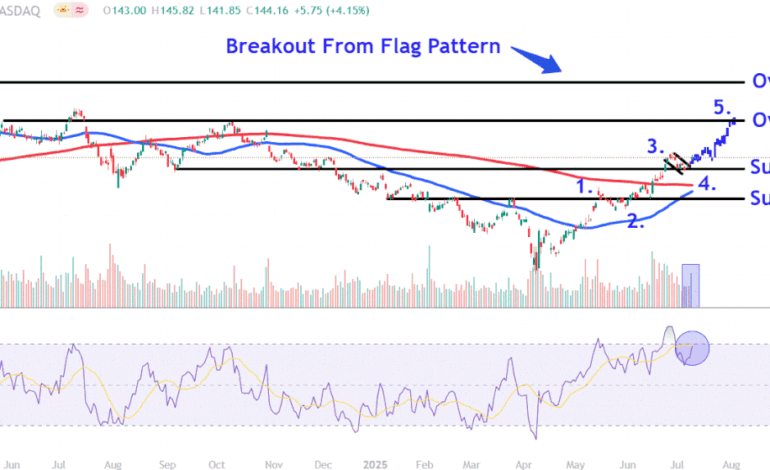The Enduring Importance of Human Interaction in Financial Planning
In the age of digital transformation, financial planning clients still emphasize the value of human interaction. This article delves into why many investors maintain a preference for personalized guidance over automated solutions, exploring the nuances that digital tools struggle to replicate, such as trust and tailored advice.
The Digital Shift in Financial Planning
The financial planning industry has seen a surge in digital platforms and AI-based tools aimed at making investment management more accessible. These solutions offer efficiency and are cost-effective, yet they often fall short in addressing individual client needs and circumstances, leading many to seek human advisors who provide reassurance and personalized strategies.
Why Personalized Advice Matters
Human advisors provide more than just financial advice; they offer emotional support during volatile market conditions and tailor strategies to fit individual life goals, which digital platforms struggle to achieve. Investors often value the empathy and insight that seasoned advisors bring, ensuring a customized financial roadmap that resonates with their future aspirations.
The Trust Factor
Trust plays a pivotal role in financial planning. Building a relationship with a human advisor allows clients to feel heard and understood. These relationships often rely on face-to-face interactions, fostering a sense of security that automated services cannot replicate. This trust is paramount, encouraging clients to adhere to long-term financial plans.
The Limitations of Technology
While technology provides tools for data analysis and portfolio management, it lacks the capacity for critical emotional intelligence aspects. Human advisors can interpret market changes in the context of a client’s unique financial situation and personal stressors, adapting strategies quickly to mitigate risk and optimize outcomes.
Bridging Technology and Human Expertise
The optimal solution for many investors is a hybrid approach where technology aids in data management and analysis, while human advisors focus on relationship building and strategic decision-making. This synergy ensures clients receive the best of both worlds: the efficiency of technology and the empathy of human advisors.
Conclusion
In conclusion, the preference for human interaction in financial planning underscores the irreplaceable value of trust, empathy, and personalized advice. While technology enhances efficiency, it is the human touch that continues to resonate with investors, confirming the indispensable role of financial advisors.






